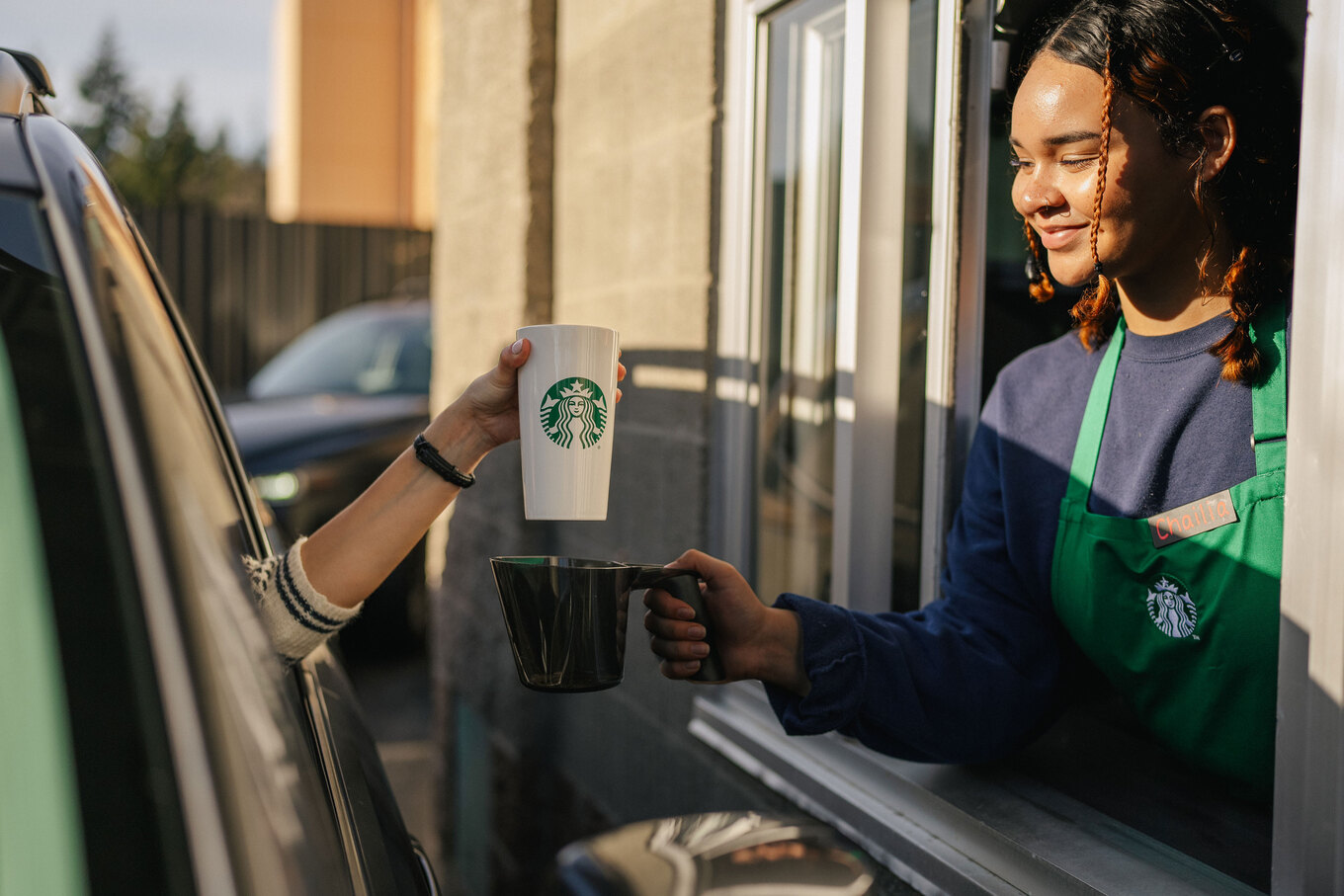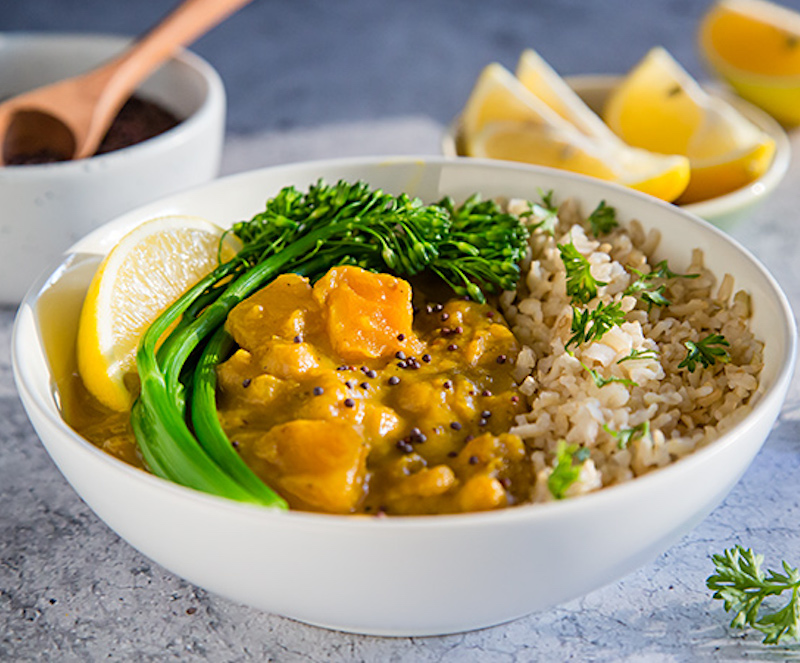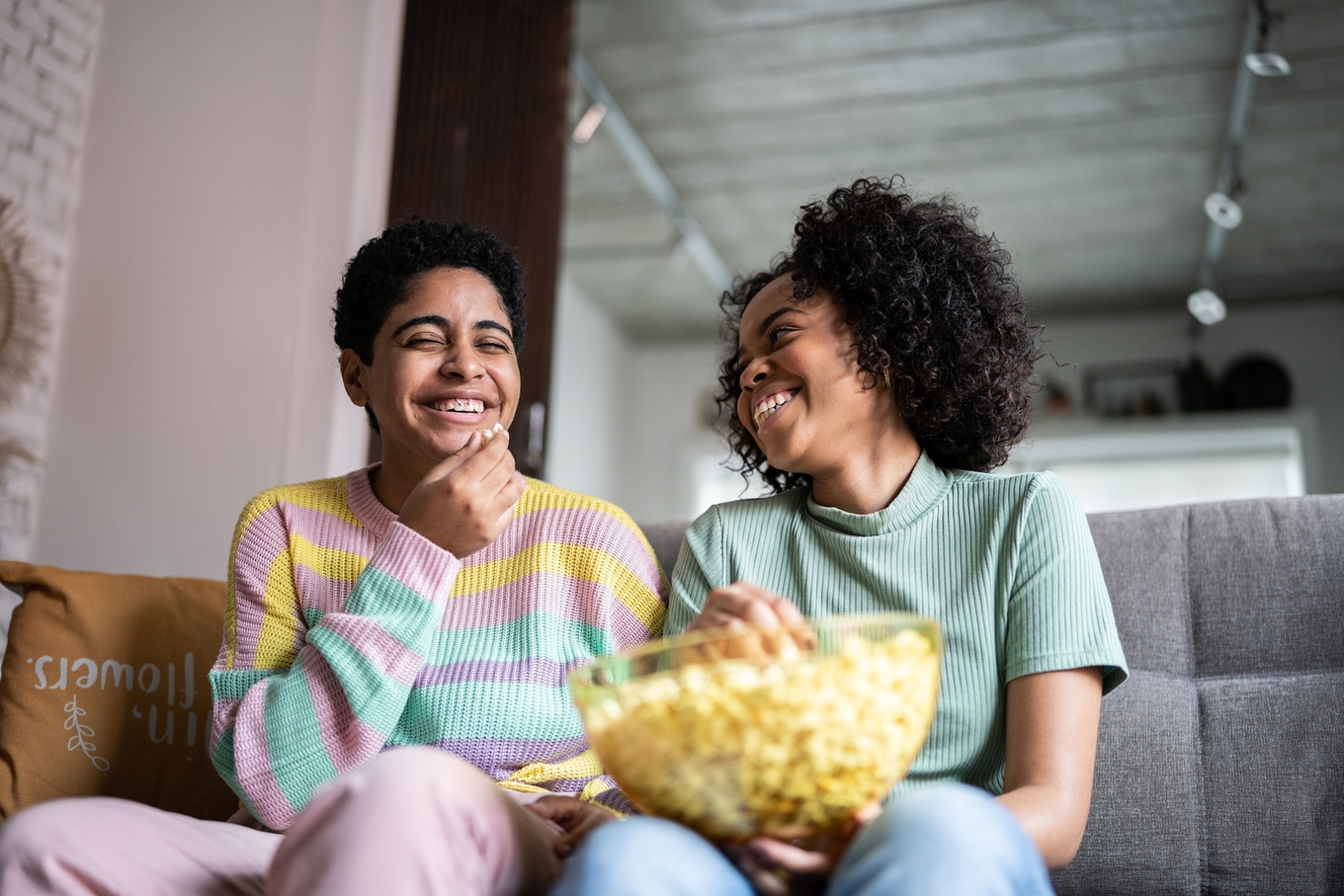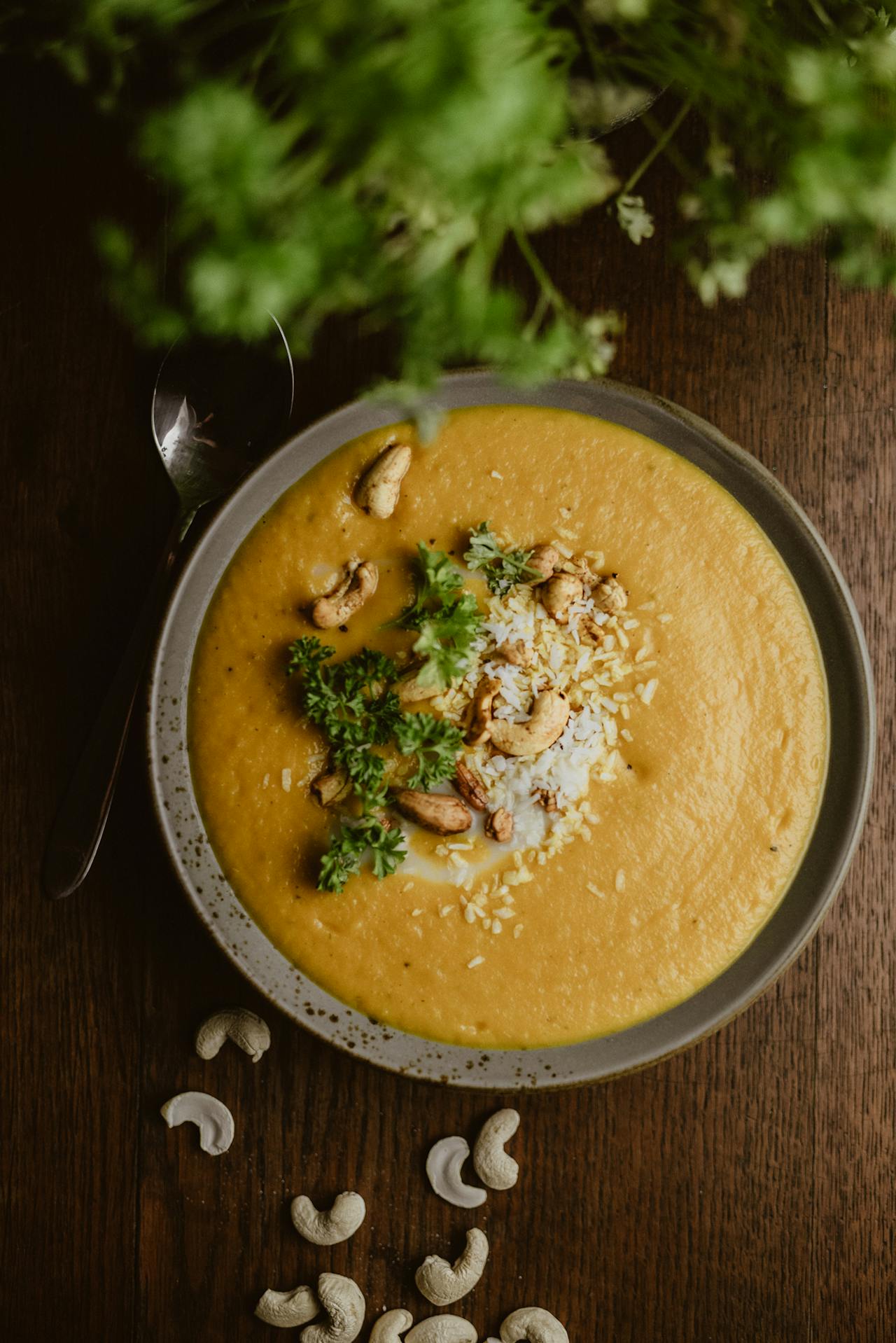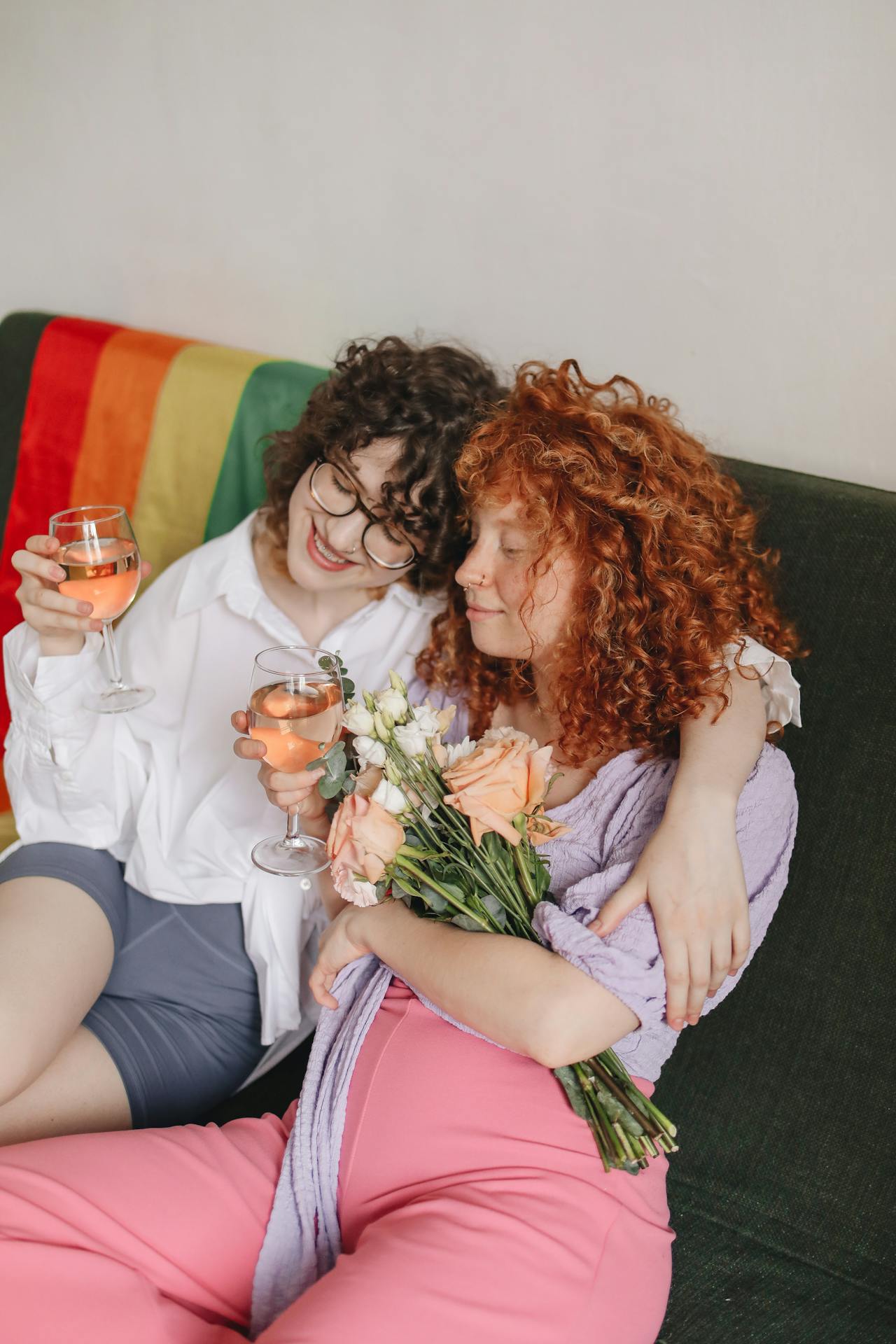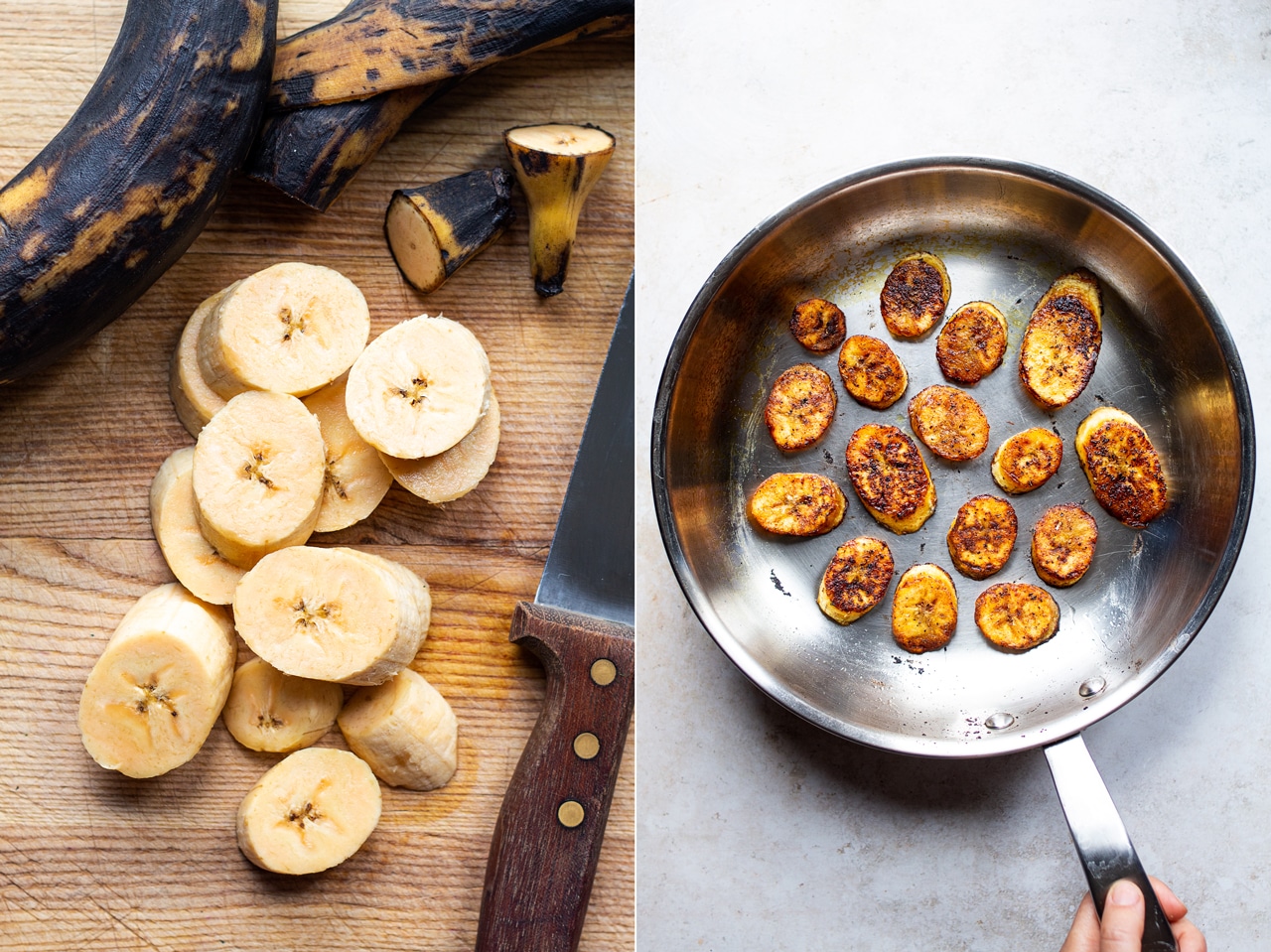In prehistoric times, our human ancestors thrived in small groups. They had to work together to gather food, to hunt, and to protect each other from threats. Over time, we developed language so we can communicate and share ideas. We created rituals, art, and music to bond over. We built farming communities, and those communities eventually evolved into towns, cities, and states.
Social connection has long been essential not only for our survival but also for our happiness. However, in many parts of the world, we seem to have lost our way. Factors such as social media addiction, long working hours leading to stress and burnout, financial insecurity, and an aging population have contributed to a significant rise in loneliness and isolation. According to the World Health Organization, one in four older adults currently experiences isolation, while up to 15 percent of teenagers report feeling lonely.
This can have a serious impact on both mental and physical health. It can lead to depression and anxiety, and even weaken our immune systems and increase the risk of heart disease. “Social isolation and loneliness are increasingly being recognized as a priority public health problem and policy issue across all age groups,” the World Health Organization notes.
But there are areas in the world where humans remain in strong, tight-knit communities. People in the world’s five Blue Zone longevity hotspots, for example, prioritize social connection. And, research suggests, it’s one of the key reasons why they live longer, healthier, happier lives than many people in the West.
Here’s more about what we can learn from the Blue Zones, so we can break the cycle of loneliness and learn to live more joyful, connected lives.
Pexels
Table of Contents
Who is most affected by loneliness?
Loneliness goes beyond simply being alone. Many people enjoy solitude without feeling lonely. However, if your isolation leaves you feeling disconnected from others, accompanied by persistent sadness or a longing for companionship, yet you find it difficult to form or maintain meaningful relationships, you may be experiencing loneliness.
“Loneliness is essentially the feeling of being uncomfortable or in distress when someone feels that there is a gap between the connection they would like and the connection they actually have,” Tiffani Bell Washington, MD, MPH, told the American Medical Association. “It’s really based on perception of the difference between the relationship you’d like and the relationship that you have with others.”
Loneliness is usually associated with older people, but young people experience it, too. According to the Campaign to End Loneliness, people aged between 18 and 29 are more than twice as likely to report feeling lonely often or always than people aged over 70. This was worsened by the pandemic, which saw lockdowns and stay-at-home orders keep people from vital social connections in order to reduce the risk of spreading disease.
“Since the peak of the pandemic, chronic levels of loneliness have not returned back to levels we saw before lockdown. While this could, in part, be down to loneliness becoming a more accepted and talked about issue that can impact any of us at any stage of life, it’s clear that there are millions of people experiencing the severest form of loneliness, which we must continue to address.” —The Campaign to End Loneliness Director Robin Hewings
Why is loneliness so damaging to health?
In 2023, the US Surgeon General Vivek H. Murthy, MD, MBA, warned that loneliness and social isolation could increase the risk of premature death by 26 percent and 29 percent respectively. He added: “More broadly, lacking social connection can increase the risk for premature death as much as smoking up to 15 cigarettes a day.”
He added that loneliness can increase the risk of chronic diseases, including heart disease and dementia, and make us more susceptible to viruses and respiratory illnesses.
Loneliness can lead to episodes of prolonged distress, and this means that stress hormones, like cortisol, are consistently flooding the body. Over time, this heightened stress response can wear down the body’s systems. It can lead to chronic inflammation, which can wear down our immune system and increase the risk of disease.
“Social connection is a fundamental human need, as essential to survival as food, water, and shelter,” explained Murthy. “Throughout history, our ability to rely on one another has been crucial to survival. Now, even in modern times, we human beings are biologically wired for social connection. Our brains have adapted to expect proximity to others.”
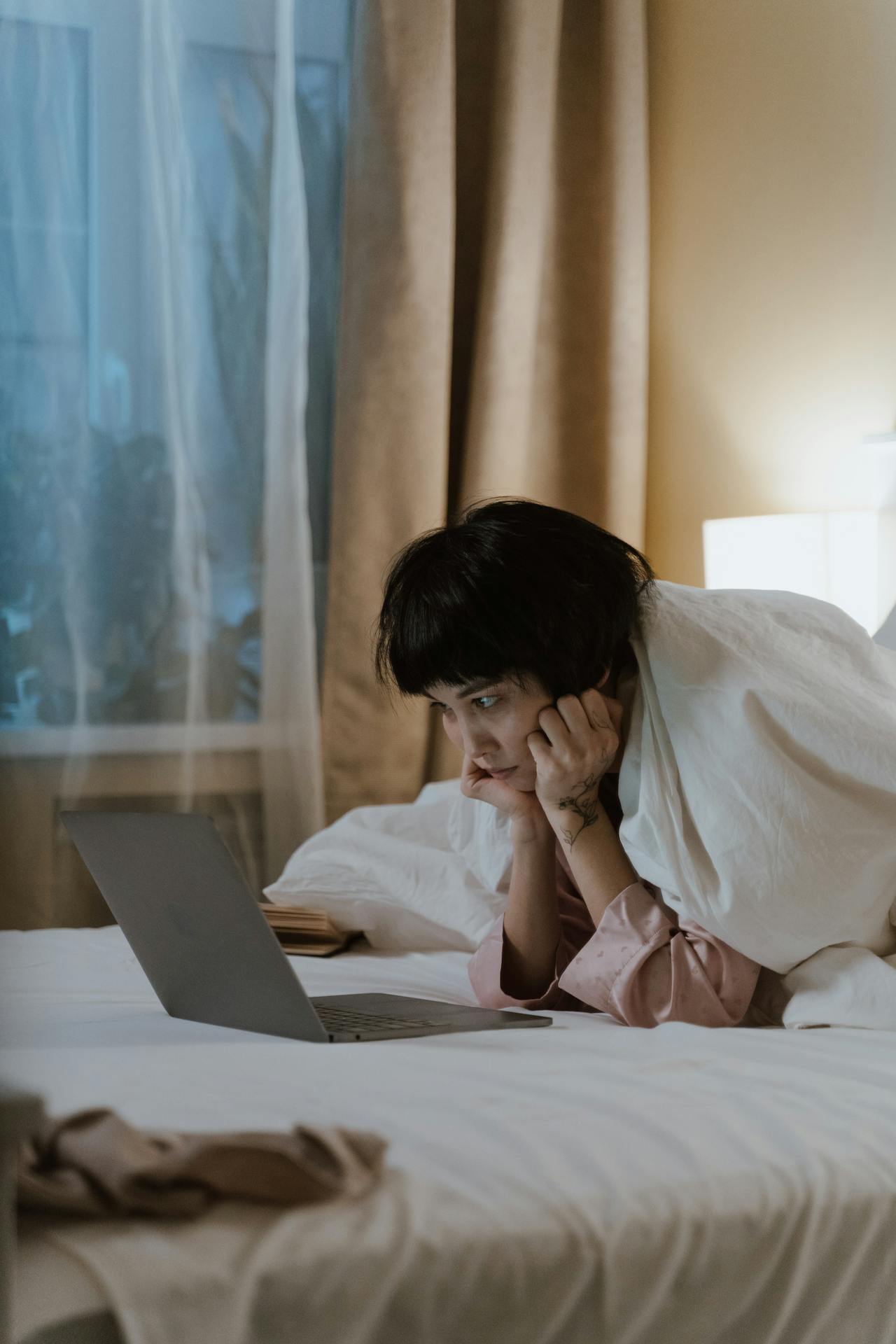 Pexels
Pexels
How do you break the cycle of loneliness?
In the world’s five Blue Zones—Okinawa, Japan; Sardinia, Italy; Nicoya, Costa Rica; Ikaria, Greece; and Loma Linda, California—people are more likely to live healthy lives into their 90s and even into their 100s. This longevity has been attributed to a few different factors, including diet (Blue Zoners tend to eat very little meat and prioritize plant-based foods), regular exercise, low levels of stress, and a strong sense of community and social connection.
Blue Zone expert and author Dan Buettner says one of the biggest lessons he has learned from these longevity hotspots is not just to eat plenty of nutrient-dense plant-based foods, but to eat them with people you love.
“When you look at the life of people in Blue Zones, who manifestly live up to 10 years longer without chronic disease, their journey is joyous,” he told GQ recently. “They’re living close to nature. They grow their own food. They know their sense of purpose. They sit down for meals with their friends and family. They take time with their neighbors. That’s why this brand of longevity beats anti-aging any day of the week.”
Mediterranean diets are consistently hailed as the best way to eat for our health, but again, this is not just about a nutrient-dense, plant-rich approach to eating (although this is undeniably important), it’s also about social connection. In Spain, tapas is traditionally shared, and it’s the same with Turkish meze, for example. In Italy, gathering around the table to share food has long been a key part of the culture.
In the US, shared meals aren’t as common (research suggests that one in three Americans look at their phone while they’re eating), but if you’re feeling isolated, there are ways to incorporate Blue Zone or Mediterranean dining habits into your own life.
Look for community events or local groups that organize shared meals, such as potlucks, dinners, or cooking classes, for example, each of these events will allow you to meet new people in a social setting. But if that feels like too much, you could start by simply inviting one or two friends over for a meal. You don’t need a special occasion to invite people over—just make it a routine to share food and conversation.
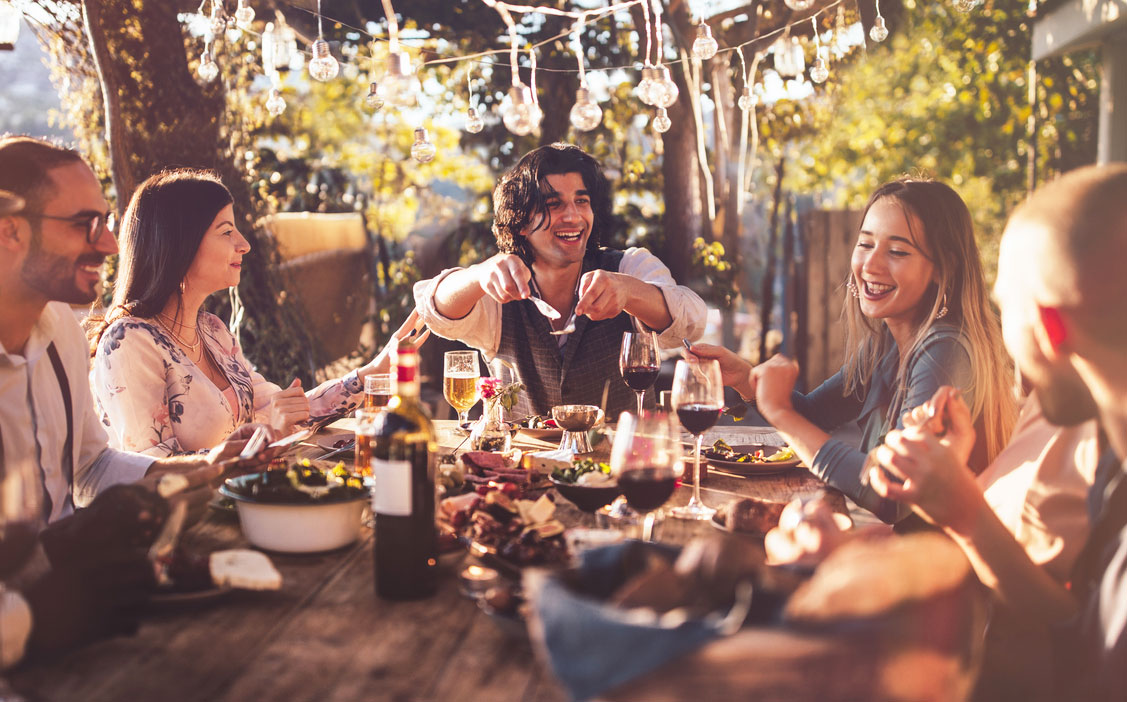 Getty
Getty
If you’re feeling overwhelmed, you can build up to it. The Campaign to End Loneliness recommends starting by simply reaching out to a friend over the phone or through social media. “We can sometimes think our friends will be too busy to chat,” it notes. “But you might be surprised when you make the first step to connect.”
Saying hello to your neighbors or your local shopkeeper is also a good way to introduce small conversations into your life if you’re feeling isolated. You can also speak to your healthcare provider, who may be able to offer advice or techniques to help you cope with loneliness. They might also refer you to a therapist or offer you medication to help relieve symptoms of depression or anxiety.
If you have a faith, you can also start attending a place of worship more frequently to connect with people. Faith is a big part of Blue Zone life, it doesn’t just help with connection, but it helps with stress management, too.
“People who pay attention to their spiritual side have lower rates of cardiovascular disease, depression, stress, and suicide, and their immune systems seem to work better,” says Buettner. “To a certain extent, adherence to a religion allows them to relinquish the stresses of everyday life to a higher power.”
Of course, you don’t need a religion to connect with the community. In the Blue Zones, people tend to pride themselves on simply looking after each other. In the West, research shows that volunteering with a local charity or organization can benefit both physical and mental health.
“Volunteering reduces stress and increases positive, relaxed feelings by releasing dopamine. By spending time in service to others, volunteers report feeling a sense of meaning and appreciation, both given and received, which can have a stress-reducing effect.” —Mayo Clinic
At The Cost of Loneliness Project, a US-based organization tackling loneliness across the country, you can learn more about the many volunteer opportunities currently open in the US. You can also find out about meetups, book clubs, walking groups, loneliness helplines, and much more.
If you’re interested in learning further about the Blue Zone approach to life, find out more here.


